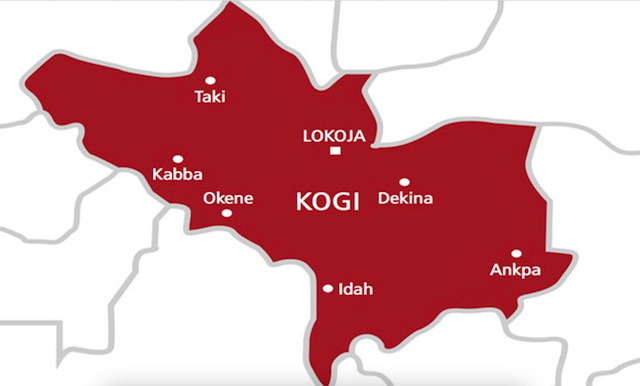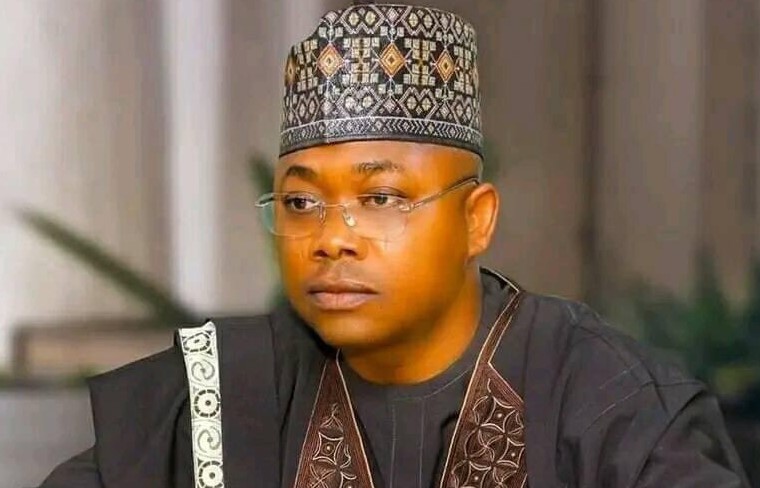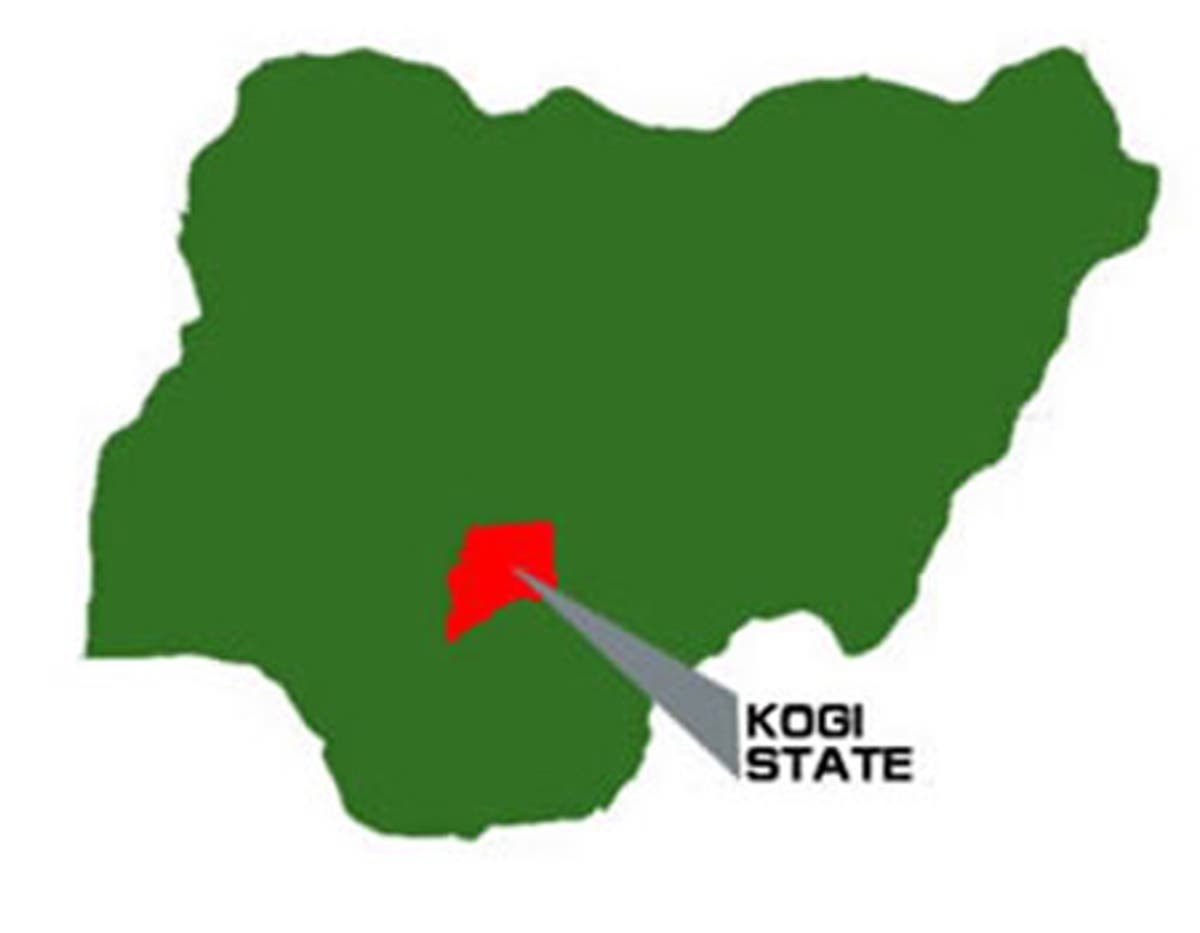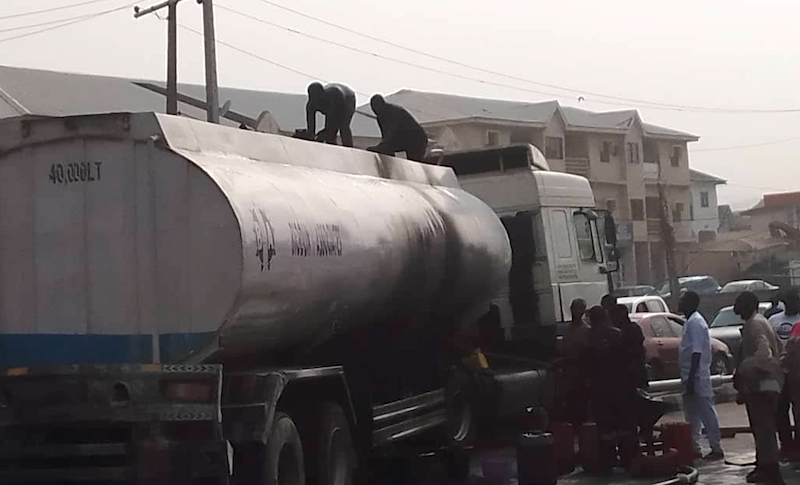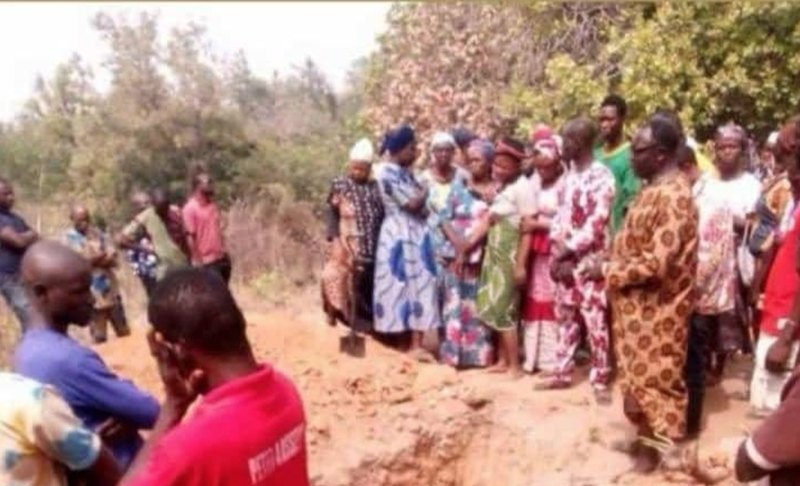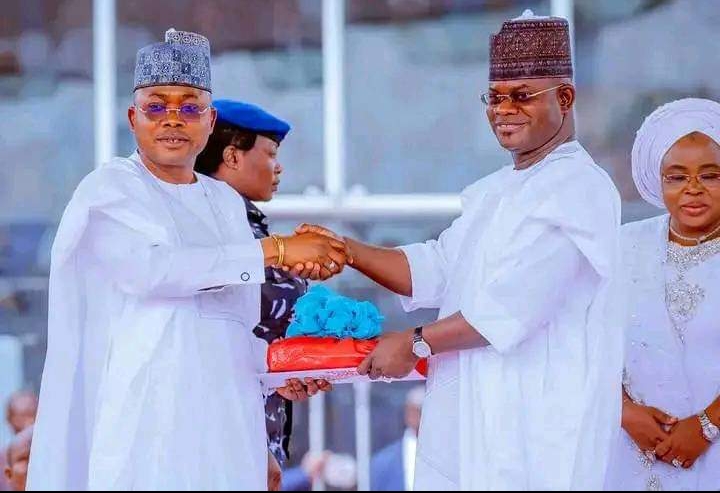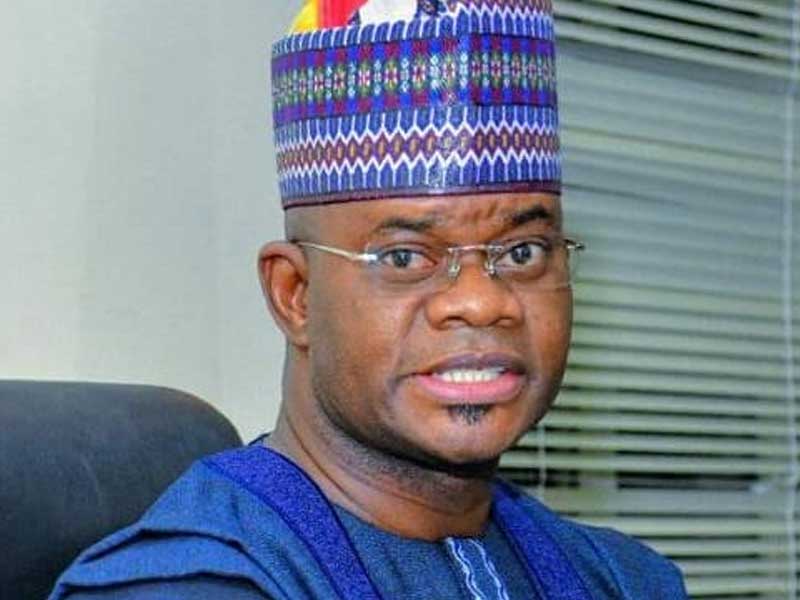By Bosun Aiyedun
Developing the Okun nation and the entirety of Kogi State, Nigeria, requires a comprehensive approach that draws inspiration from the economic development models of China, Russia, Europe, India, and the United States of America. By leveraging the abundant human and natural resources available in the region and integrating the roles of traditional rulers, government at all levels, the private sector, and the general populace, sustainable growth and prosperity can be achieved. Here are the detailed steps:
1. Infrastructure Development:
China Model: Emulate China’s investment in massive infrastructure projects like high-speed rail networks, highways, and airports to improve connectivity and foster economic development.
Russian Model: Adopt Russia’s focus on energy infrastructure, such as pipelines and power plants, to harness the region’s natural resources effectively.
Europe Model: Implement the European Union’s infrastructure standards and regulations to enhance transportation networks, including roads, railways, and waterways.
India Model: Introduce smart city initiatives and digital infrastructure projects to promote urban development and connectivity.
USA Model: Utilize public-private partnerships (PPPs) to fund infrastructure projects and upgrade critical infrastructure, such as bridges, dams, and telecommunications networks.
2. Industrialization and Economic Diversification:
China Model: Establish special economic zones (SEZs) and industrial clusters to attract foreign investment and stimulate industrial growth. Promote manufacturing and export-oriented industries.
Russian Model: Develop the region’s natural resource-based industries, including mining, agriculture, and forestry, to drive economic diversification and create employment opportunities.
Europe Model: Invest in research and innovation to foster knowledge-based industries, including technology, biotechnology, and renewable energy.
India Model: Promote small and medium-sized enterprises (SMEs) and startups through incentives and support programs to encourage entrepreneurship and innovation.
USA Model: Encourage innovation and entrepreneurship by providing access to capital, fostering a supportive business environment, and investing in research and development.
3. Agricultural Transformation and Food Security:
China Model: Implementing modern agricultural techniques, such as precision farming and agricultural mechanization, to increase productivity and food security.
Russia Model: Support large-scale agricultural enterprises and agribusiness development to leverage the region’s vast agricultural potential and promote food self-sufficiency.
Europe Model: Promote sustainable agriculture practices, organic farming, and farm-to-table initiatives to ensure food safety and environmental sustainability.
India Model: Enhance irrigation infrastructure and promote the adoption of advanced farming technologies to boost crop yields and improve farmer livelihoods.
USA Model: Invest in agricultural research and extension services to develop high-yielding crop varieties and improve farm productivity and profitability.
4. Education and Human Capital Development:
China Model: Invest in education and vocational training to develop a skilled workforce capable of supporting economic growth and technological advancement.
Russia Model: Strengthen higher education institutions and research facilities to foster innovation and human capital development.
Europe Model: Promote lifelong learning and skills development through apprenticeships, vocational training, and adult education programs to meet the demands of a knowledge-based economy.
India Model: Expand access to quality education and vocational training to empower the workforce and bridge the skills gap in key sectors.
USA Model: Support STEM (Science, Technology, Engineering, and Mathematics) education and vocational training initiatives to prepare the workforce for emerging industries and technological advancements.
5. Resource Management and Environmental Sustainability:
China Model: Implement sustainable resource management practices and environmental regulations to mitigate pollution and promote ecological conservation.
Russia Model: Strengthen environmental protection measures and adopt clean technologies to minimize the environmental impact of resource extraction and industrial activities.
Europe Model: Implement stringent environmental standards and regulations to protect natural habitats, biodiversity, and air and water quality.
India Model: Promote renewable energy sources, such as solar, wind, and hydroelectric power, to reduce reliance on fossil fuels and combat climate change.
USA Model: Invest in clean energy technologies and support renewable energy development to transition to a low-carbon economy and mitigate the effects of climate change.
6. Good Governance and Institutional Reforms:
China Model: Strengthen governance structures, enhance transparency, and combat corruption to create an enabling environment for investment and economic development.
Russia Model: Improve the rule of law, enhance judicial independence, and combat bureaucratic inefficiency to promote investor confidence and business growth.
Europe Model: Foster democratic governance, uphold the rule of law, and promote transparency and accountability in government institutions to ensure inclusive and sustainable development.
India Model: Enhance administrative efficiency, streamline regulatory processes, and combat corruption to create a conducive business environment and attract investment.
USA Model: Promote democratic governance, protect human rights, and ensure government accountability to foster trust and confidence in public institutions.
7. Role of Traditional Rulers and Community Engagement:
Engage traditional rulers as custodians of culture and heritage to promote community development initiatives and ensure the participation of local communities in decision-making processes.
8. Private Sector Participation and Investment Promotion:
Encourage private sector investment through favourable policies, tax incentives, and streamlined regulatory processes. Facilitate public-private partnerships to leverage private sector expertise and resources.
9. Government Support and Policy Coordination:
Provide targeted support and incentives for key sectors identified for development. Coordinate policies across various government agencies to ensure coherence and synergy in economic development efforts.
10. Community Engagement and Social Inclusion:
Promote inclusive growth by ensuring that marginalized groups, such as women, youth, and persons with disabilities, have equal access to opportunities and benefits of development initiatives.
Benefits of Adopting the Hybrid Model:
1. Enhanced economic growth and development through a diversified and sustainable economy.
2. Increased job creation and income generation opportunities for the populace.
3. Improved living standards, access to essential services, and infrastructure.
4. Strengthened local institutions and governance structures.
5. Enhanced regional competitiveness and attractiveness for investment.
Disadvantages:
1. Potential challenges related to infrastructure financing and debt sustainability.
2. Risks associated with environmental degradation and resource depletion if not managed sustainably.
3. Socio-cultural tensions arising from rapid economic transformation and urbanization.
4. Governance issues, including corruption and lack of accountability, may undermine development efforts if not addressed effectively.
Asserted by Comrade Olatunbosun, A. Aiyedun, Aiyedun writes from Dublin and can be reached via aiyedunbosun@yahoo.com

